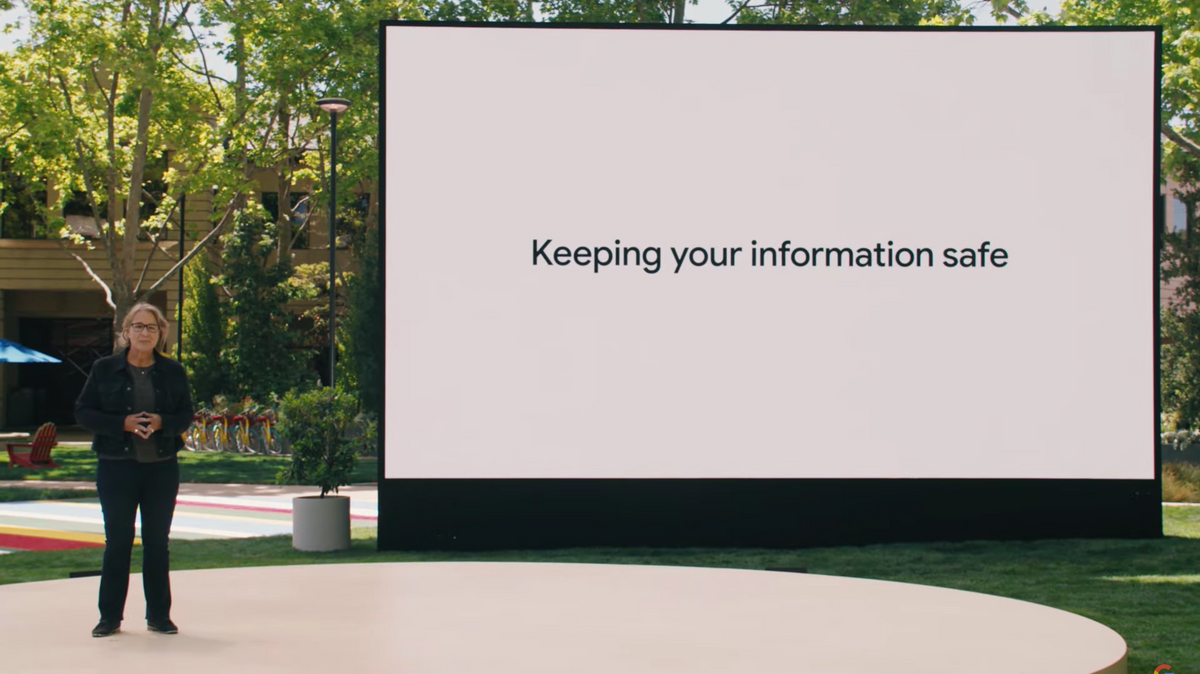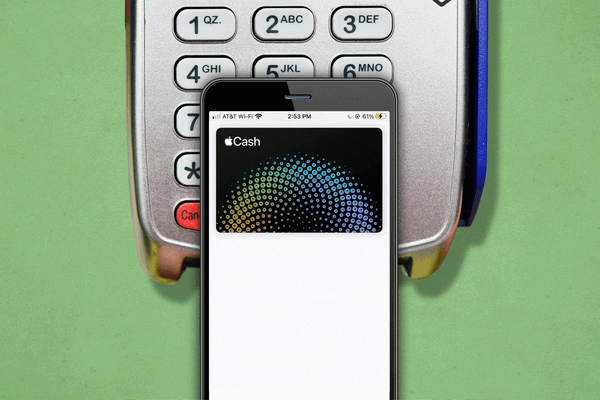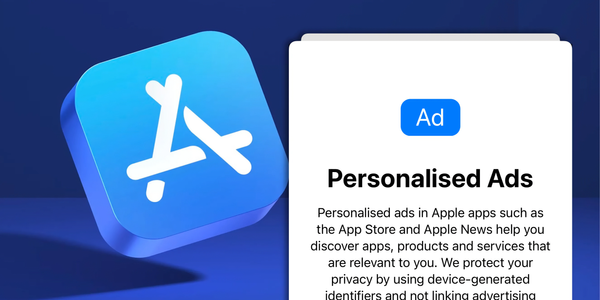Ensuring safety with Android smartphones...

Hello there,
Oof, I left you hanging again. I am sorry for that. Am I really, though? You know what, let’s cut to the chase because this isn’t the first time this is happening. So I'm gonna refer to this cheeky quote – “Actions speak louder than words” and fill you in on all the news that you missed out on while I was away :) This article is not traditional tech updates or apps to download, but some tips to keep yourself digitally safe.
Well, most of us buy our phones, transfer our data, accept the terms and conditions and use the phone with company settings. Not all of us read the fine print or take a deep dive into the settings to explore the phone. Some of us, like me, do that! But not the common user. Your phone may be the most used computer of your life but this same tool is helping companies build on your data!
Android phones are known for bloatware in their systems. Some brands also have a hidden clause with third-party bloatware applications to sell your data completely! It is ridiculous! Not to mention, an invasion of privacy as well. But we don’t have stringent laws to protect individuals from this as of yet. This article contains some tips on how you can modify your preferences on your phone and prevent companies from selling or using your data.
From what my analytics tool shows, the majority of my readers are Android users. Go to settings > Accounts and then look for My Account. Look at applications that have access to your Google Account. For example, you may have downloaded Truecaller and then uninstalled it. But this does not revoke Truecaller’s permission to access contacts on your Google Account. They are still reading your data! Do this for all apps you have uninstalled. Then again, go back to settings and search for permissions. This may vary with different android skins from different manufacturers. Once you are there, you will see options such as Camera, Body Sensors, and more – click on each one of them and see who is using your data. If something doesn't feel right, disable it. What do you mean by something that doesn't feel right? If a calendar app is accessing your phone’s photos, that's suspicious and most probably malware because apps like these have no relation to photos.
You might also want to turn off ad personalisation. Companies such as Google, read your data and offer similar ads which are tailored to your interests. This may be useful but that chance is one in a million. I would recommend you turn this off. Do this by going to Settings > Accounts > Google > Data & Personalisation and then turn Ad Personalisation off.
If you are on a Samsung smartphone, I would advise not using their native apps such as Calendar because they steal your data and sell it. I personally recommend using all Google apps because they are fast, secure and ad-free! Plus, they work seamlessly! You must check them out. Another thing you should definitely do is turn off Location History. Your devices track your location everywhere you go. Turning off location history completely might hamper with Google Assistant recommendations but I think it is worth it. To do this, head over to My Google Account and then Data and Personalisation and then turn off location history. The last thing that I would like to recommend is related to location too. Some apps have the ability to access your location 24/7. Well, thanks to newer updates, you can now turn this off. You can give apps access to your location only when they are using it. And if you are using newer versions of Android, then you can also allow them to access your location but not in a precise manner. Didn’t get it? For example, if I give a weather app access to my precise location, it will track where I am, and the exact location. But now, you can give some apps your location without giving your exact position. The app will know where you are in the city but not the building’s name, just the locality.
In my opinion, doing the mentioned steps above are essential for maintaining digital privacy. You should also consider reviewing these settings once every 3 months to make sure you are safe. Well, these were some basic steps. I would also recommend a VPN to everyone around the world. I have mentioned this before and I’ll say it again, VPNs protect your identity by masking your IP address and route you through secure servers. VPNs are an investment. If you are concerned about your passwords and other forms of data being leaked online – you should check this article I wrote about how to prevent personal data leaks on the internet.
I recommend you share this article with your friends and family to keep them safe too! If you are an iOS user, don’t worry, I’ll be sharing a similar article soon so you can protect yourself too. Till then make sure to stay away from malicious websites and make sure to keep your devices up to date. I’ll catch you soon.
Stay safe,
Tejas Tagra
6082 days old




